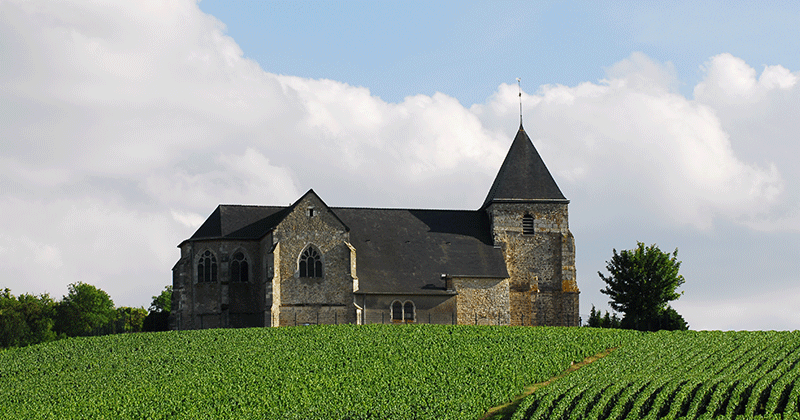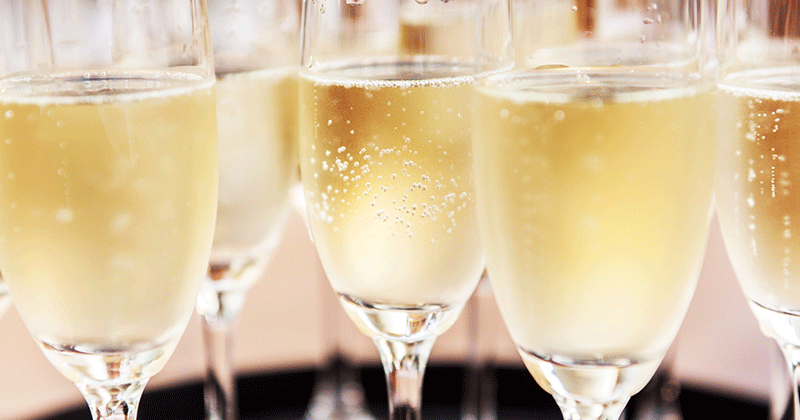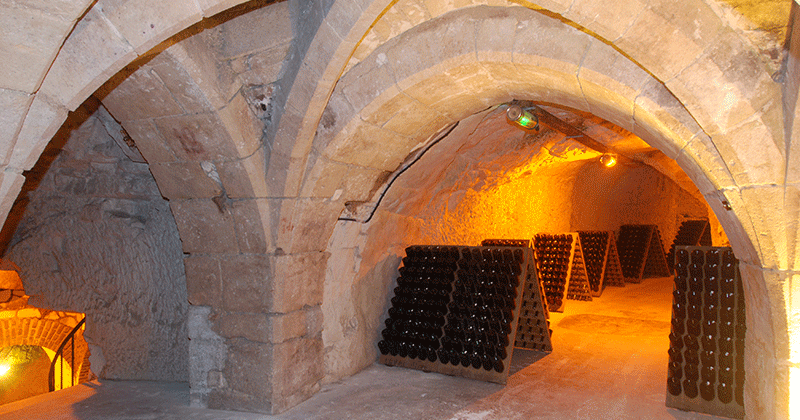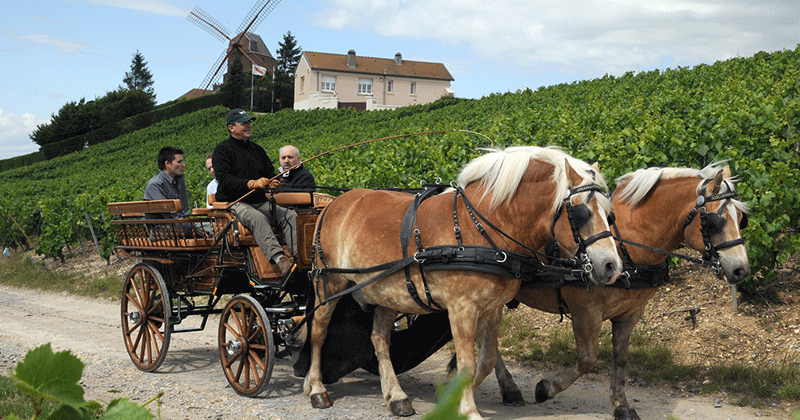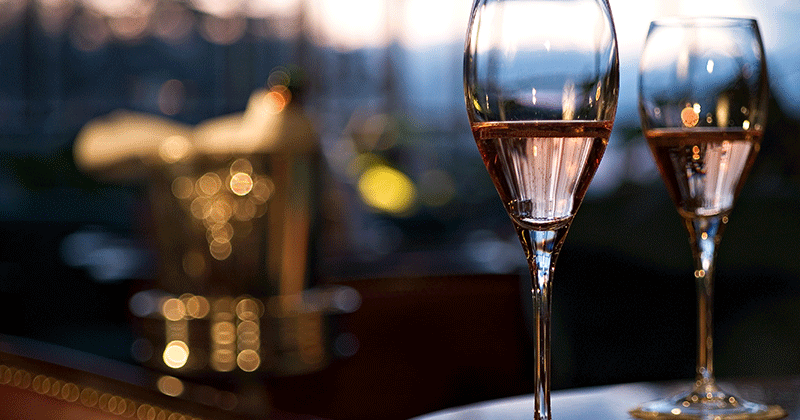Typically produced in the Champagne region of France, to have its characteristic bubbles and effervescence, Champagne must undergo a second fermentation process. The answer of who made this initial discovery of Champagne needing a second fermentation has never been certain as this dates back to the 16th century. Wines from the Champagne region were known before medieval times and it was the romans who were first to put vineyards in the Champagne region.
The date the discovery was made ranges from 1631 to 1697 but some believe that it was monks in France who made the discovery, near Carcassonne and a few believe it was a monk by the name of Dom Pérignon. However those that don’t believe Pérignon to be the ‘Champagne Father’ do agree that he made some significant contributions to the way Champagne developed. Pérignon saw the bubbles that were produced as a failure rather than testing and seeing it as a success, the fizz was viewed as an imperfection in a bad bottle of what was meant to be still wine. Rather than continuing with his discovery Pérignon tried to undo and ‘fix’ the ‘mistake’ he had made.
Whilst the name champagne belongs by law to the Champagne region, a significant number of people aren’t certain that the discovery was made in France. British doctor Christopher Merret was said to be experimenting with English cider makers and wrote an eight page paper on the findings of his experiments, which was later presented to the Royal Society in December 1662. It is believed that when the French heard of the British creating this new wine that they sent spies over to investigate the new craze. Merret recorded all of his findings and was investigating this area, meaning that there was some intent with his results.
The French monks struggled with keeping Champagne in the bottle as the pressure on the inside of the bottle would often mean the bottles would smash as the glass wasn’t thick enough, in several cases this lead to whole wine cellars exploding as one bottle exploding would cause a domino effect. Some argue that Merret didn’t create Champagne, he only made bottles of a higher quality that could withstand the pressure. The British had made better quality glass bottles due to their furnace process, James I was persuaded that wood burners were inferior to coal burners as coal burners reached a higher temperature, therefore the glass made was stronger and thicker.
Would you like to find out all about the Champagne making process? Our friendly sales team would be delighted to help put together your perfect holiday, get in touch on +44 (0) 1920 46 86 66 or via email at in**@**********es.net

